"700,000 people are living in camps close to the border of Sudan, they have nothing"
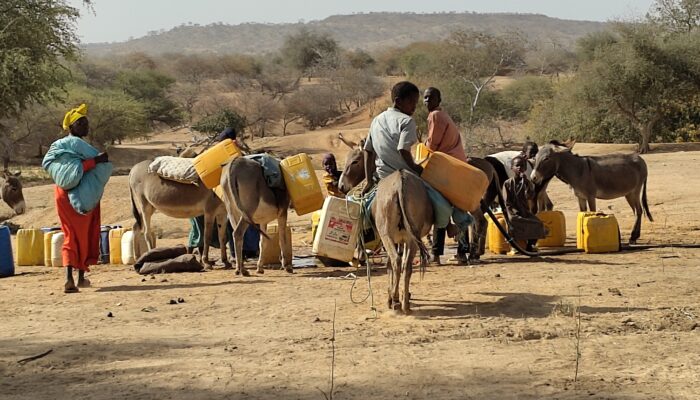
Stichting Vluchteling is supporting local partner organisations in Chad which are drilling water boreholes, setting up emergency tents and building latrines. Household items such as sleeping mats, blankets, cooking pots and jerry cans are also being distributed.
You just came back from your visit, what was your first impression?
The situation is chaotic and the crisis is huge. Many people who arrive have nothing except the clothes on their bodies. They say that they had to flee Darfur because they were forced to leave their homes, or because their houses were looted and set on fire. In addition, many of them have been victims of sexual violence and are very traumatized. The predominance of women and children is immediately noticeable in the camps. Many men have died or stayed behind in Sudan to protect their property.
In addition, many of them have been victims of sexual violence and are very traumatized.
Are the people in the camps safe?
I do not think that the Darfur Arab militias will come across the border, but there are other safety concerns that people in the camps mention. Women do not feel safe because the toilets are too far away, there is not enough lighting and there is little security: only two or three policemen are protecting a camp of 50,000 people. Of course, it also doesn’t help that many families don’t have male relatives with them.
What was the main reason for your visit?
The very first reason was to monitor emergency relief programs funded by Stichting Vluchteling. I try to see if the funding is well spent and if our local partners implement what was agreed upon but also adapt to new context developments. I was there to see if our support meets the most urgent needs of the refugees and if we have set the right priorities. It is important to put the projects in context, which is why I had discussions with local authorities, the UN, UNHCR, IOM and OCHA during my stay in Chad, as well as with the Dutch Embassy. I want to understand how the emergency response for Sudanese refugees is coordinated and see where we could improve or develop.
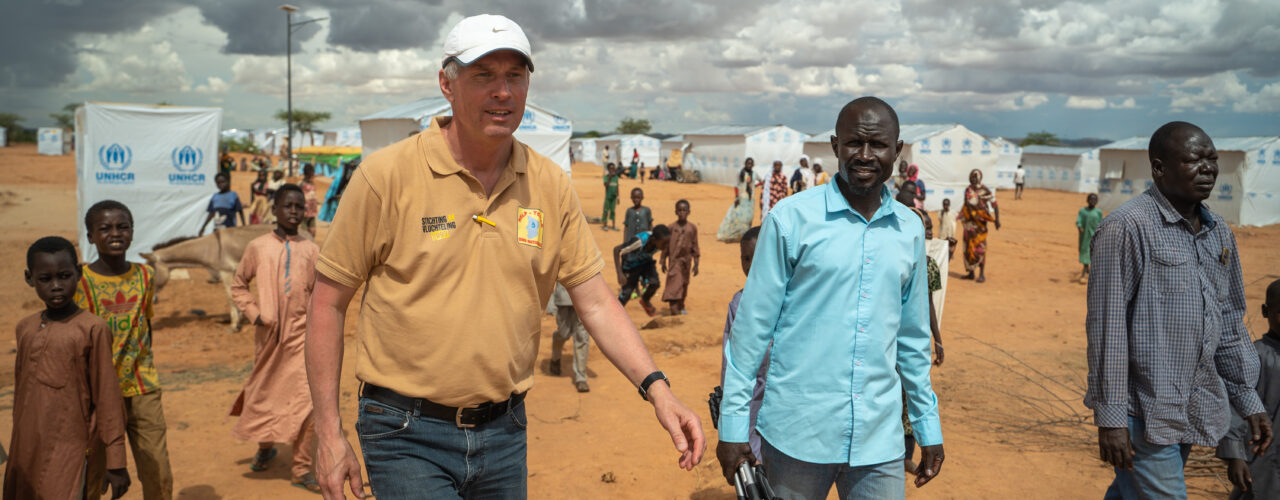
What are the biggest needs?
The needs that people in the camps mention are very basic: shelter, water, food, toilets and medical care. People are not thinking so much about their future at this moment, they are trying to survive. There are places where, for example, the water is at 30 meters depth, which makes it very hard and difficult for people to get water.
People are not thinking so much about their future at this moment, they are trying to survive.
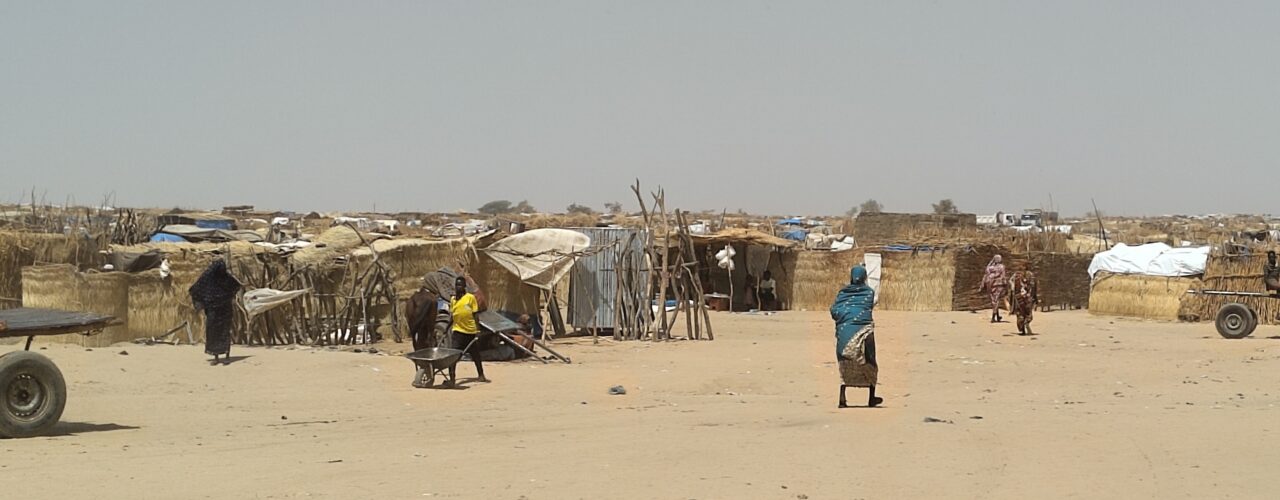
Which story will stick with you?
I will not forget the story of Fatema (65) with her seven children. Her husband died several years ago. When the Arab militias attacked their village, everyone fled. They left all their possessions behind. She told me that it is absolutely impossible to go back, everything has been burned and all property was looted. Fatema has lost her land and is afraid that the militias will come even across the border.
I will also remember the story of Zeinabou (32) with her three children. “Because my village was burned, I fled to my mother. However, it was not safe there either and we had no choice but to flee. We decided to flee to Chad.” Her mother could not cope with all the tension near the border and decided to go back to Sudan, until now Zeinabou has not been able to speak to her again.
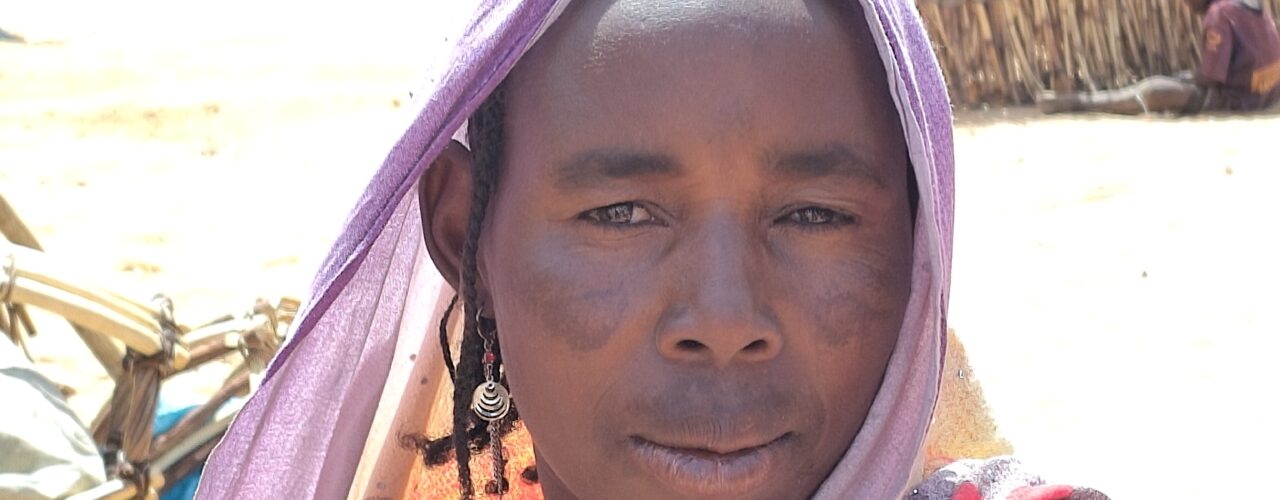
Are those the stories that touched you the most?
There is another moment that I will not forget, When we were visiting the transit camp in Adré, a mother with a baby on her arm came up to us and said she hadn’t been able to breastfeed for days, and if we could help her. I find those moments tremendously difficult. I was called upon very directly and giving immediate help was not possible, while continuing walking was also not an option.
It is easy to speak in abstract terms and numbers, but the moment a mother with a hungry baby is standing in front of you asking for help, it gets very concrete.
How do you deal with these things?
We discussed this specific moment with our local partner and one of the staff members had the chance to visit the mother afterwards to help her. But yes, the discomfort is enormous. You can’t live up to the expectations that people have because the needs are so great.
Besides this, during such field visits I sit down every night and write down my report on what happened and touched me that day, otherwise I would not be able to sleep well.
In Eastern Chad, Stichting Vluchteling works entirely through local humanitarian organisations. What do you see as a challenge in working with local organizations and what goes well?
It’s very important to see the good relationship that local organizations have with the authorities and with the refugee population and host communities. They speak the language of the people in the camps and know they their habits, thus are closely connected to the people.
What could be improved is that local partners do not always translate their well-articulated field-approach a written policy, which is often needed for donors and Stichting Vluchteling. We do provide support and training in this so that the organisation can invest in capacity strengthening according to their own priorities.
How do the local people react to this huge influx of people fleeing Sudan?
The Chadian people are very hospitable. They see the refugees as brothers and sisters, and sometimes they are literally family members. On the other hand, a new camp with 50,000 people suddenly coming to live next to your village does something to your life. People rely on the same resources and get firewood from the same area. It is a very poor region that is heavily affected by climate change. So the host communities are not people who have a lot to share, which makes it extra special that they are so helpful.
The host communities are not people who have a lot to share, which makes it extra special that they are so helpful.
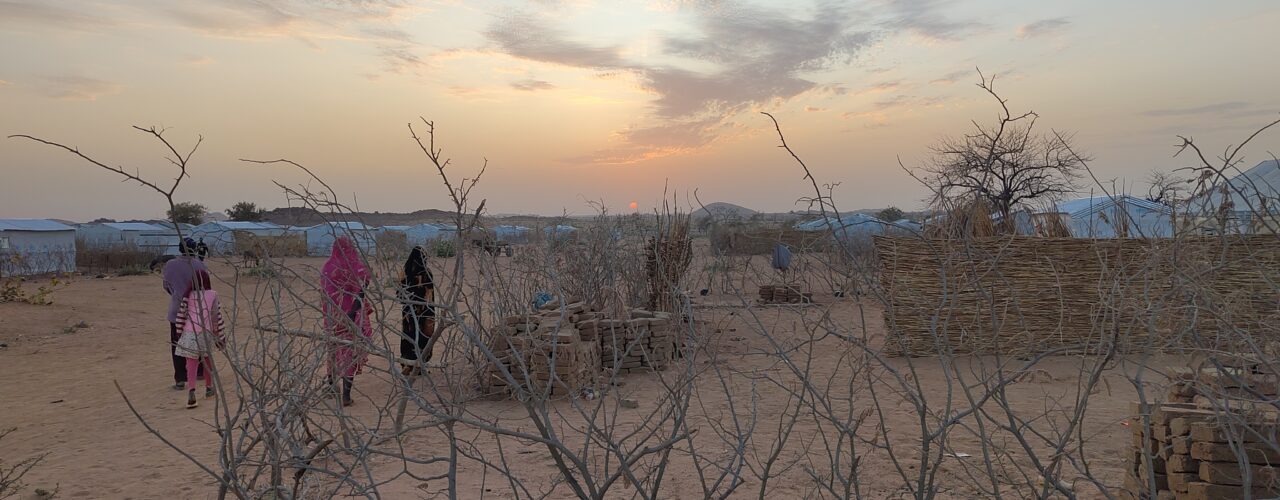
Are there aid organizations working across the border in Sudan?
Yes, but it is not easy. There are a lot of administrative hurdles, permission has to be asked for everything and, of course, it is unsafe. Also, the banking system doesn’t work well and the internet and electricity often don’t work.
What is it like to be there for ten days and then get on a plane back to the Netherlands?
That is always very surreal. It already starts when you are back in the capital Ndjamena and you get a room in a hotel, which feels alienating. The main question I often have after a visit like this is: how am I going to tell the story at home? It helps to be able to share my experiences. This interview is nice, and the conversation with Radio 1 and the article in the Trouw were a great opportunity to share some awareness on the Sudan crisis.
A lot of people ask what it was like and if it wasn’t difficult or dangerous, but that’s really not what it’s about for me. It’s about Sudanese men and women like you and me who had a very normal life, went to work, and took their children to school. From one moment to the other, they had no choice but to leave everything behind and become completely dependent on outside help across the border in Chad.
What impact do you hope to have when people hear your story?
I hope that people start to realise that there is more than our prosperous life in the Netherlands and more than the crises in Ukraine and Gaza. In my opinion, the media are too dominated by these crises only. ‘Forgotten crises’ like this one also need to stay on our radar.
Why do you think this is a ‘forgotten crisis’?
I think there is a kind of despondency in the general public: gee, is it starting again? Last year April, when the Sudan crisis started there was some attention, but the longer it goes on, the more despondent people get. The lack of media attention is really annoying because as a result, there is also limited humanitarian funding. And we need funding to continue and develop the humanitarian assistance that we are providing.
What will your partners focus on in the coming period?
We will continue what we are doing now because there are still a lot of people who neither have food nor a place to live (shelter, latrines). In places where they do have, of course, we need to do more: improved health care, education and mental support. We can assume that people will be living here in Chad for many years to come, so at some point people need to be able to pick up their own lives; to start working and trading. Not just for the the income, but to empower people and give them back their dignity.
We will continue what we are doing now because there are still a lot of people who neither have food nor a place to live (shelter, latrines).
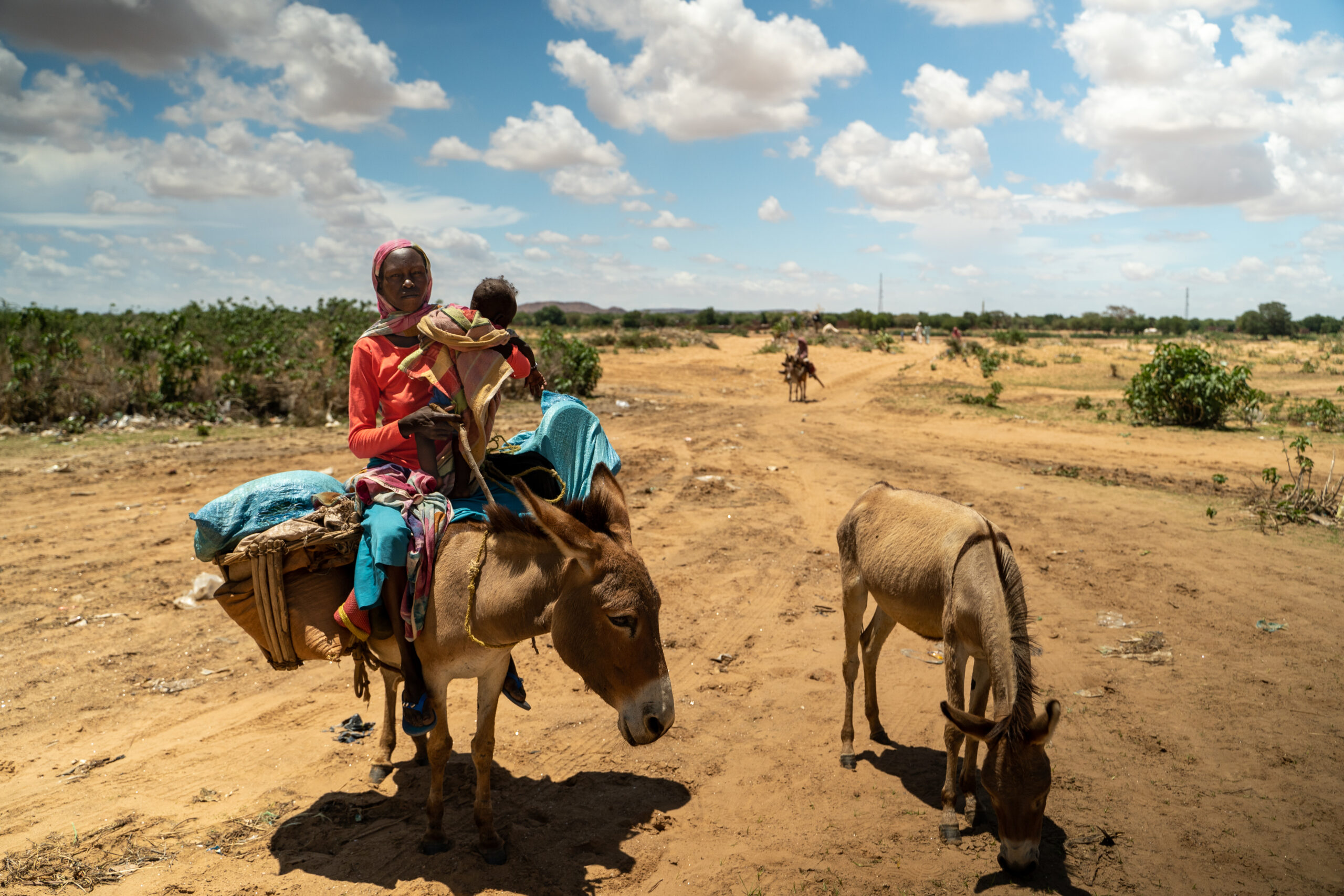
How do you see the future?
At the beginning of the war in Sudan, people who fled to Chad still had hope of being able to return, but the reality right now is that the situation in Darfur is far from stable and that long-term humanitarian assistance will be needed for all those Sudanese people seeking refuge in Chad. I wish I could bring a brighter message but I can’t. It’s a huge crisis and it’s going to take a long time before peace will be restored in this region.
Read more about the work of Stichting Vluchteling in Chad here.
Date: 2th of April 2024
Author: Marianne Sijtsma
